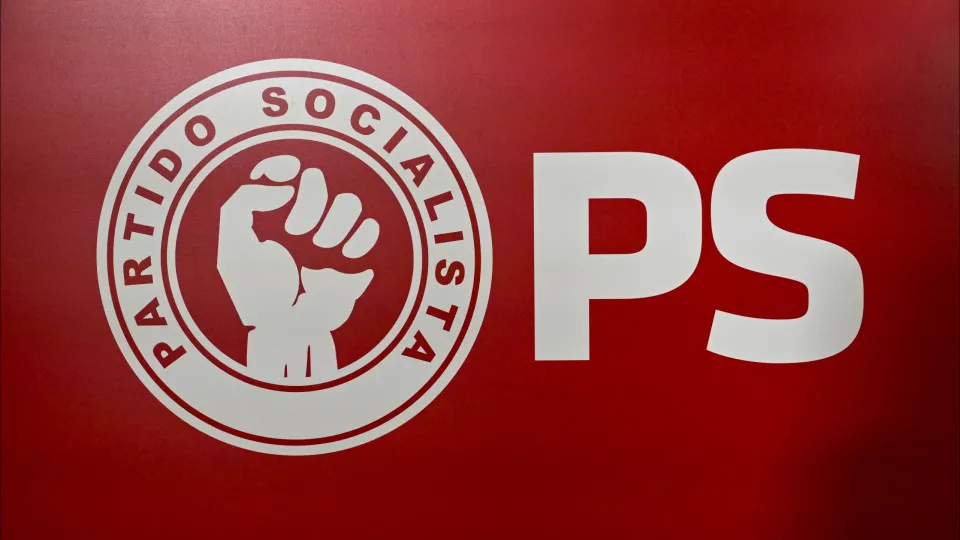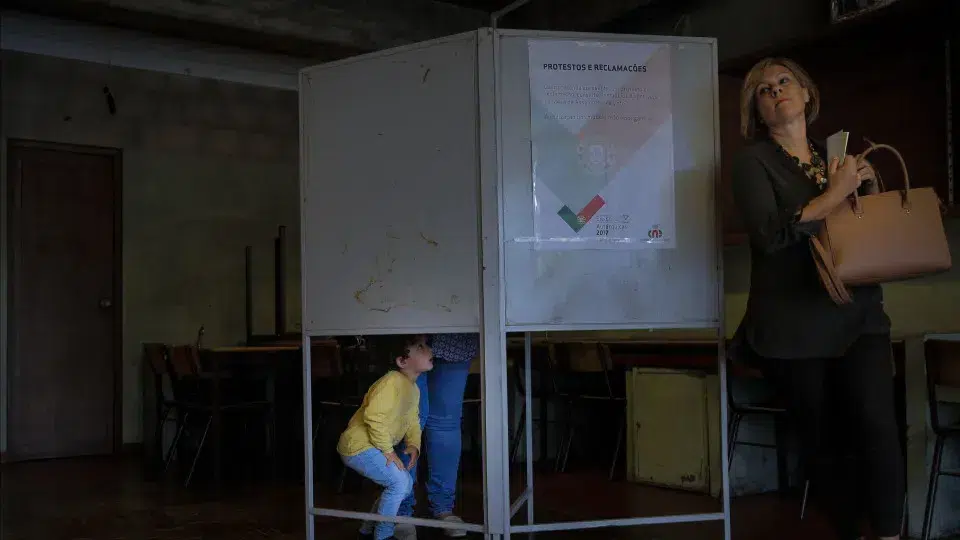
The municipal elections on Sunday marked a shift in national local government leadership, with the PSD surpassing the PS in the number of municipalities won, in what ANA -PS’s president views as part of a “political cycle” recurring over the decades.
“I think it was a good performance. From 1976 to 1989, the PSD led municipal bodies. In 1989, this changed and the PS took the lead in the ANMP. Now, the PSD wins again, but with a very narrow margin,” he stated.
The PSD secured victory in 136 municipal councils on Sunday, compared to the PS’s 128, reversing the 2021 results when the Socialists captured 149 municipalities to the Social Democrats’ 114. The PSD also secured the presidency of the five most populous municipalities in the country.
The president of ANA – PS believes the national political context influenced the results.
“We had legislative elections recently, there’s a honeymoon period which obviously influences the local level,” he said, adding, “For those who expected significant differences, the results were balanced.”
Regarding the loss of municipalities such as Braga or Sintra, the official noted the narrow margin by which the PS was defeated.
“Porto was by 1.5%, Braga by a few votes. Sometimes it’s the ‘give a little nudge’, one percent to one side or the other can make the difference,” he said.
Asked about the absence of left-wing coalitions, Pedro Ribeiro dismissed that this option was decisive for the results.
“The PS is a center-left, progressive party that believes in democracy, rights and duties, entrepreneurs, farmers, those who work every day. It’s not a radical party,” he declared.
“Occasionally, we can make some specific coalitions, but the ideological matrix of the PCP and, especially, the Left Bloc, has nothing whatsoever in common with the PS. They have always been antagonistic. These coalitions are unnatural,” he added.
Nevertheless, the official acknowledged that, in local contexts, understandings with other political forces might exist, but emphasized that these agreements “are not ideological, they are personal.”
“I worked with PCP municipal leaders and have the best opinion of those I worked with. I would be capable of making agreements, yes, but on a personal, not political, basis,” he stressed.
He concluded that the municipal election results should be interpreted “with moderation,” taking into account the “political conjuncture and the cyclical tradition of alternation in local power.”




